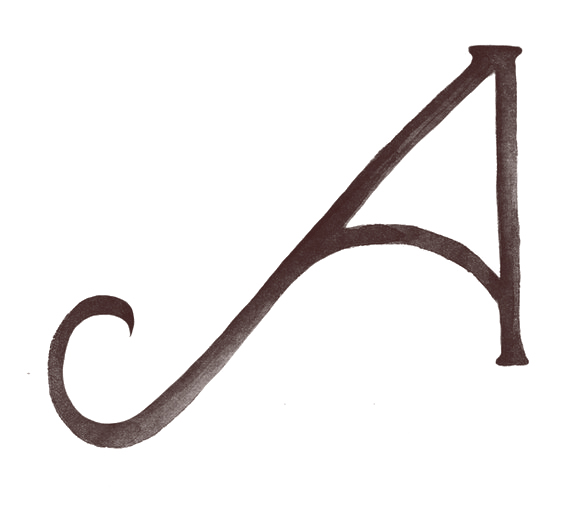The framing of feedback
Consider these opening lines ...
A). Here's a little something I've been playing with. What do you think?
B). It's a second draft, but I think it's nearly there. Tell me what you think.
C). I've nearly finished this story. It's taken me six (days/months/years) to write — can you just cast your eye over it before I send it out?
Which phrase frames the feedback process most lightly?
'A', of course. The mere suggestion of play makes us smile and implies that the person seeking the feedback is somewhat open to what's to come. 'B' is fairly open. 'C' is in a rush. All they want is a cursory check or perhaps they're just after reassurance that it's good to go.
When it comes to framing feedback, much is spoken about delivery or the giving of feedback. Any writer worth their words has heard about the feedback sandwich — where you take a (metaphorical) slab of bread in the form of positive comments about the story's strengths then lay a whole heap of (metaphorical) meat and cheese and salad on top of the bread — the issues for improvement — and cover the whole thing with another slice of optimism at the end.
But I think the framing of feedback needs to be considered well before this, when we ask for it. The author themselves should know what they are seeking.
For this we have to: Know thyself! If thy is feeling pretty low and lumpy when it comes to confidence generally or with a particular piece — say so. If thy is feeling a bit cocky and thinks this poem could well win the next Gwen Harwood poetry prize — reveal thou confidence. If you want to leave the door wide open so that your reader/s are left completely to themselves, go forth, be brave, and see what they really really think. Vary your approach according to how you feel, as well as what you seek.
Understanding the way we're framing our feedback (both ways) is crucial to creating and maintaining trust within this process. If you've got a trusted group or person, nurture that relationship. If you have to second-guess their motivations, go elsewhere. If you need another eye, come here!
To turn what's normally a warning into a strategy for keeping any potential defensiveness away: be careful what you wish for. It's important to be careful because taking care of your writing is vital.
May your words pour onto the page,


